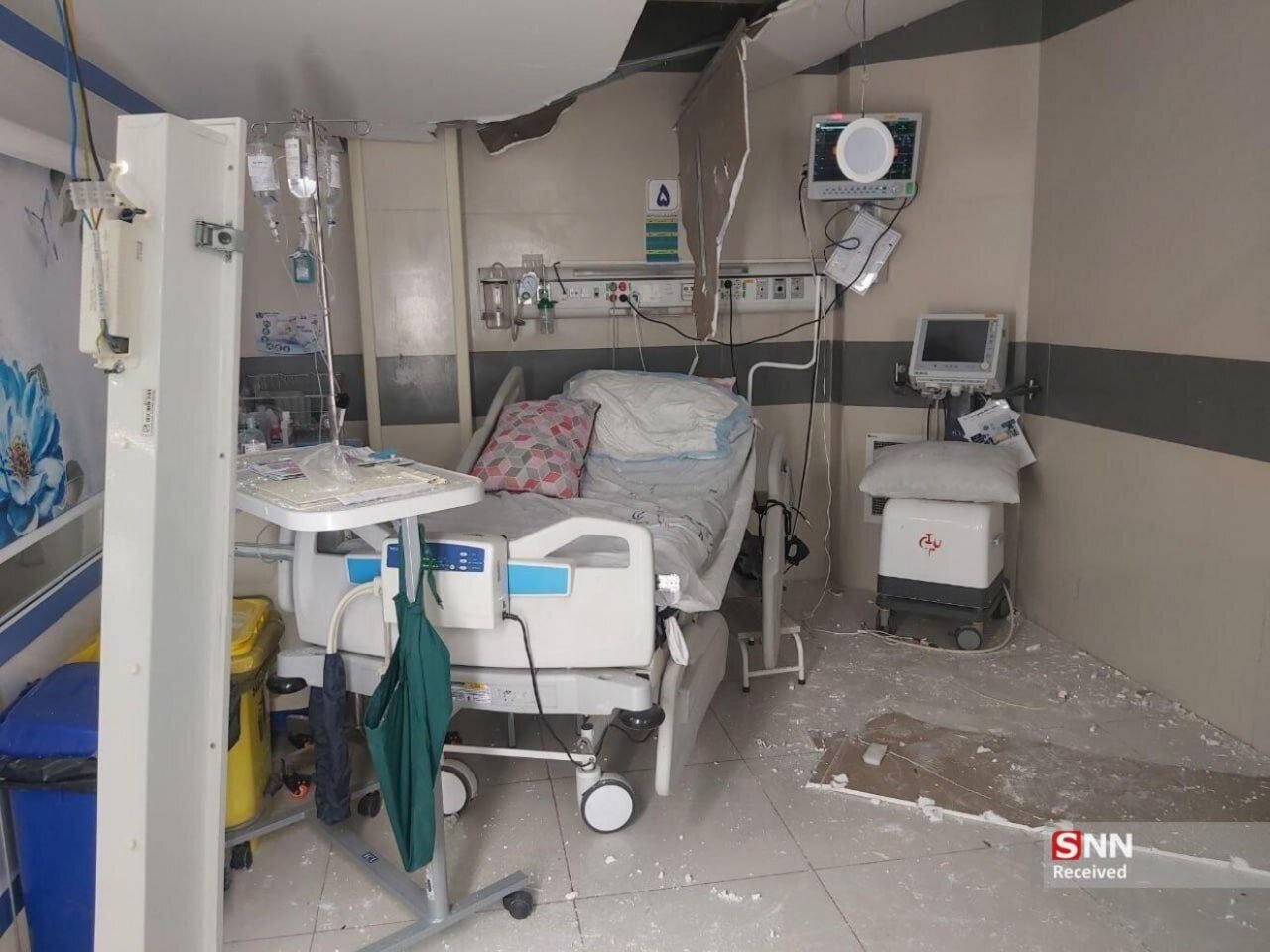
Similar Posts
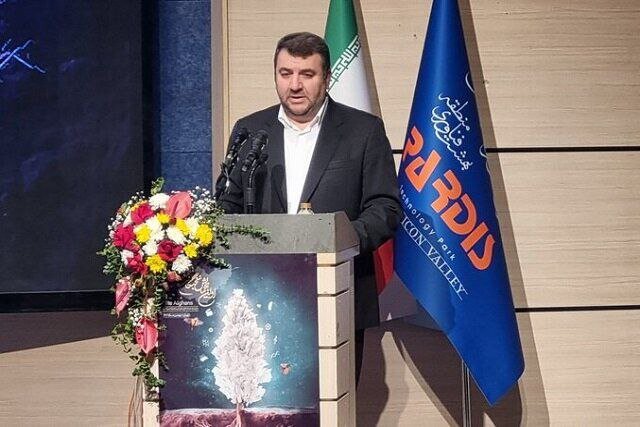
Iran Opens Doors for Afghan Knowledge-Based Companies: New Registration Opportunities!
Afghan knowledge-based firms can now register in Iran under the same conditions as Iranian companies, as announced by Hossein Roozbeh, head of the Organization for the Development of International Cooperation in Science and Technology. This initiative aims to foster collaboration and innovation, particularly among Afghan immigrants and students with strong research capabilities. The number of knowledge-based companies in Iran has surged over 200% in a year, reaching around 10,000, with a combined value of $2 billion. The effort aligns with Iran’s goals to enhance domestic production and economic growth through technological advancements and international scientific collaborations.
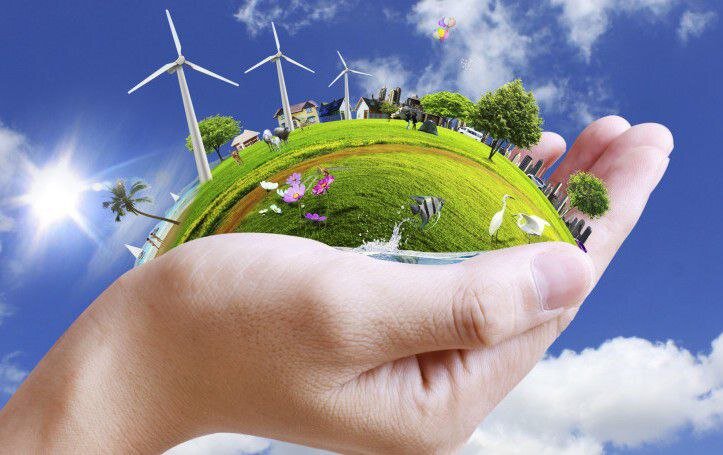
Celebrate National Clean Earth Day: Embracing Renewable Energy for a Greener Future!
On April 22, the Department of Environment (DOE) will commemorate National Clean Earth Day with the theme “clean energy, clean earth,” highlighting renewable energy’s role in protecting the planet. This observance, designated by the UN as International Mother Earth Day, aims to raise awareness about environmental issues through educational programs. Renewable energy sources, like solar and wind, are essential for communities lacking reliable power, as they produce minimal emissions. Iran’s Energy Ministry recently announced the completion of 15 solar power plants, boosting the national grid’s capacity to 500 megawatts. The transition to clean energy is crucial for sustainable living.

Cheetahs at a Crossroads: Racing Against Extinction or Running Towards Survival?
With fewer than 30 Asiatic cheetahs remaining in Iran, Shina Ansari, head of the Department of Environment, has expressed both hope and concern for their future. The cheetah’s decline, attributed to human-related factors, symbolizes broader environmental issues in Iran. Conservation efforts include relocating domestic animals from cheetah habitats, fencing hazardous roads, and implementing captive breeding programs. Recent initiatives aim to enhance safety measures and involve community participation in preserving ecosystems. Despite challenges, there is hope for the cheetah’s recovery through continued efforts and collaboration, which is essential for both wildlife and human well-being.

Iran Launches Revolutionary Homegrown HPV Vaccine: A Game Changer for Public Health
Iran has launched its first homegrown quadrivalent recombinant HPV vaccine, a significant advancement in preventing infections that cause genital warts and cervical cancer. Developed using domestic technology and successfully completing clinical trials, this vaccine is part of a broader strategy to reduce reliance on imports and enhance public health. Health officials plan to integrate the vaccine into the national immunization program, targeting individuals at higher risk. This initiative aligns with regional trends in HPV vaccination and underscores Iran’s commitment to self-sufficiency in healthcare. The vaccine’s introduction is expected to improve health outcomes for women and the population at large.
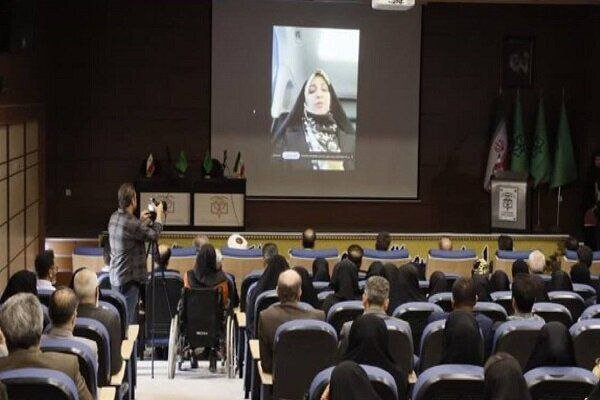
Unlocking Potential: How Empowering Rural Communities Drives Economic and Cultural Growth
In a recent statement, Zahra Behrouz-Azar, Iran’s Vice President for Women and Family Affairs, highlighted the importance of empowering rural communities for the nation’s economic and cultural advancement. During a video conference, she distinguished between rural areas, focused on agriculture and essential infrastructure, and local communities, which encompass broader social interactions and cultural preservation. With only 30% of Iran’s population in rural areas, she warned that depopulation threatens cultural heritage. Behrouz-Azar urged universities to support rural development, emphasizing women’s roles in enhancing productivity. The Iranian Parliament has allocated 31 trillion rials for rural initiatives, underscoring the vital contributions of rural economies to national development.
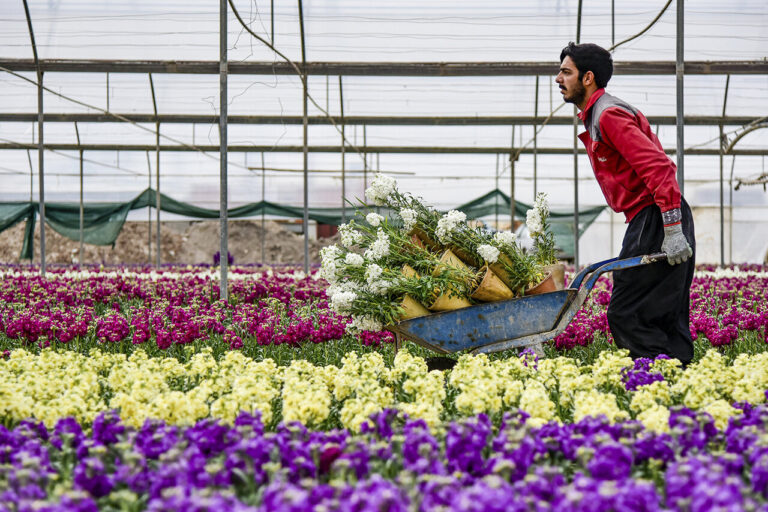
Isfahan: The Flower Powerhouse Leading Stock Flower Production
Khomeini Shahr, in Isfahan Province, is Iran’s leading producer of matthiola incana (stock flowers), which hold cultural significance during Nowruz, adorning Haft Seen tables. Known for their vibrant colors and aromatic fragrance, the flowers boost local economies, providing livelihoods for many families. Farmers employ sustainable practices, including soil preparation and pest management, to ensure high-quality blooms. As demand rises with the festive season, Khomeini Shahr has become a key hub for stock flower production, with a focus on environmentally friendly methods. The city’s commitment to quality promises a bright future for matthiola incana, symbolizing renewal and hope in Iranian culture.